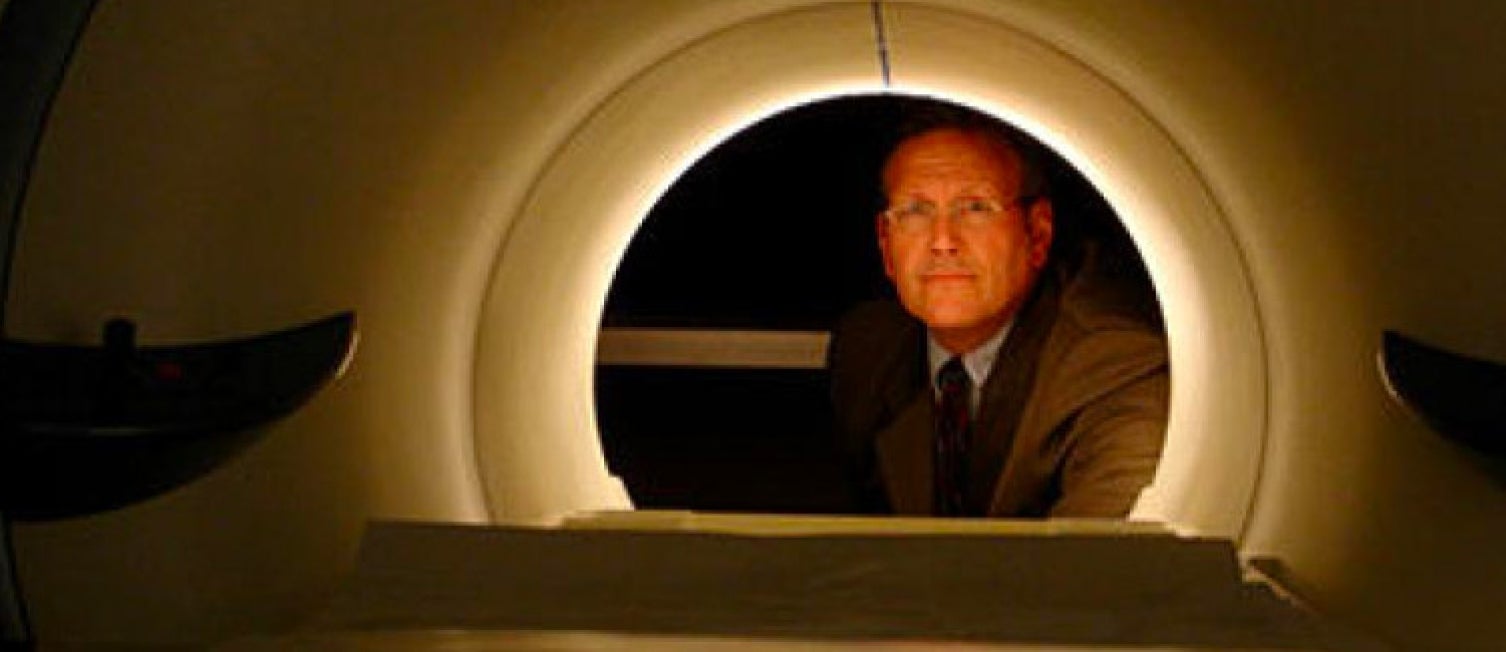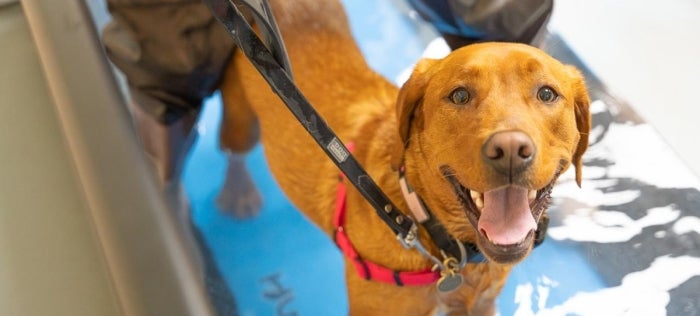
Technology for the true final frontier
The UC Davis Center for Mind and Brain is using a new grant from The Kavli Foundation to advance multi-disciplinary collaboration in brain science.
Millions of Americans suffer from, or care for, someone with a neurological or psychiatric disorder, terms that include a diverse array of maladies from Alzheimer’s Disease to post-traumatic stress disorder. UC Davis is leading the charge to prepare early career scientists to address this growing public health challenge.
“When you talk about disorders, those that cause the most suffering are the ones that affect who you are as person,” said cognitive neuroscientist George R. Mangun, dean of the Division of Social Sciences and founding director of the Center for Mind and Brain. “And who you are as a person is determined by your brain. Understanding the brain requires interdisciplinary collaboration across the sciences, and the nation has now embarked on a new effort to accelerate such work.”
In 2013, President Obama announced the Brain Research through Advancing Innovative Neurotechnologies (BRAIN) Initiative to accelerate the development of a new array of tools for neuroscience research. Mangun wants to bring scientists from across the spectrum together to build a new brain science as part of the President’s challenge, where the goal is to both develop the new tools, but also to create the neuroscientists of the future.
With a recent grant from The Kavli Foundation, the Center for Mind and Brain will present a Kavli Futures Symposium in summer 2015. This symposium will build cross-disciplinary collaboration by convening early-career cognitive neuroscientists from around the world with experts in engineering, the physical sciences, data science and other disciplines.
“Understanding the brain at all levels of explanation is critical,” said Mangun. “Take Parkinson’s disease. The problem starts at a cellular level, the treatment happens at the molecular level, and the effects are seen at the behavioral level. Being able to see the whole picture is critical for biomedical research that will ultimately result in eased suffering, improved quality of life, and reduced public health costs. Building a new brain science will speed us on our way to these important goals, and I know UC Davis will provide leadership to get the job done.”
“This innovative workshop promises to inspire new directions in brain research of the future,” said Miyoung Chun, Executive Vice President of Science Programs at the Foundation.


